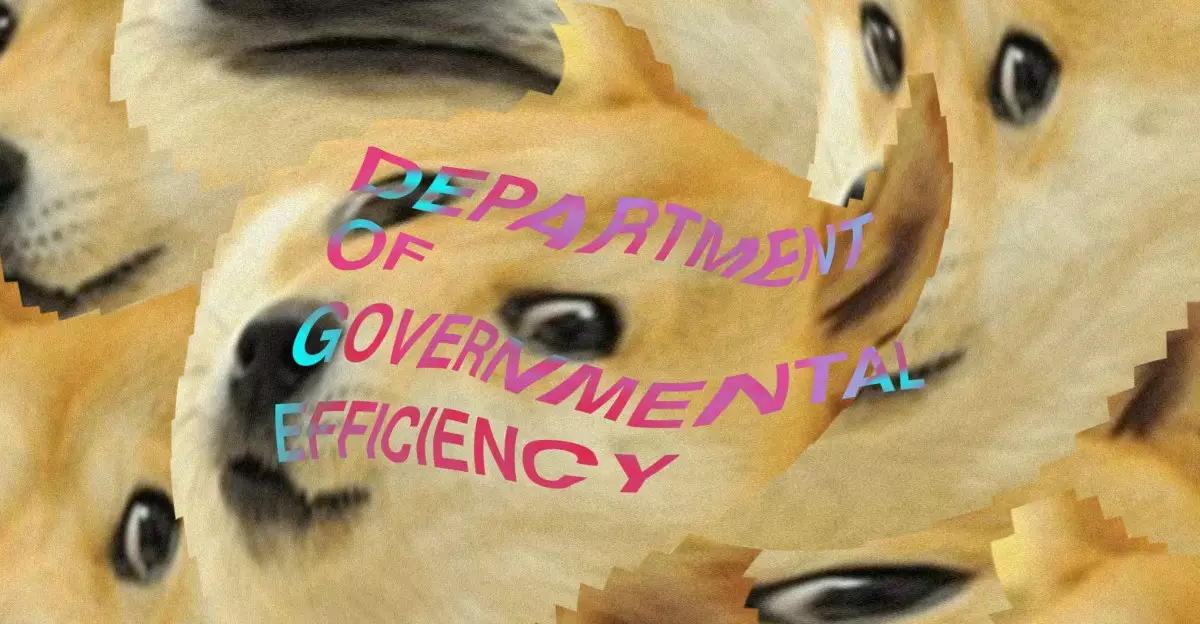In recent news, Marko Elez, a young staffer for the Department of Government Efficiency, has ignited significant debate regarding the intersection of personal conduct on social media and professional accountability in government roles. The situation came to public attention after the Wall Street Journal probed into Elez’s past online activity, uncovering a social media account that had made several inflammatory statements, including calls for radical policy changes and the disparagement of certain immigrant groups. The role of social media in shaping public perception and professional consequences cannot be understated, especially when individuals hold positions of influence in government.
Elon Musk, the owner of Twitter—now X—has played a pivotal role in Elez’s narrative, engaging directly with the public about the situation. After Elez’s resignations, Musk posted a poll on the platform, probing whether the young staffer should be reinstated in light of his controversial past. The results favored Elez’s return, leading to Musk’s declaration that “He will be brought back.” This response raises ethical questions about the responsibility of leaders in tech to endorse or condone behavior that many would find unacceptable. By valuing public opinion through a social media poll, Musk may be undermining the serious implications of Elez’s previous comments, thereby blurring the lines between personal accountability and populist sentiment.
The reinstatement of Marko Elez poses critical questions about ethical governance and the expectations placed on individuals who work within public institutions. Vice President JD Vance, while expressing disagreement with Elez’s social media posts, suggested that youthful indiscretion should not ruin a career. This perspective reflects a growing sentiment that mistakes should be met with some level of understanding and forgiveness. However, the underlying issue remains: when does the irresponsibility of one’s public persona compromise their capability to hold a government position? If a public servant espouses extremist views, should that not be taken seriously in evaluating their fitness for government work?
The debate over Marko Elez’s situation is indicative of a larger trend where values, ethics, and governance are continuously scrutinized through the lens of social media interactions. Social platforms serve as both personal diaries and public forums, leaving room for missteps that could have far-reaching consequences. It invites a crucial discussion about establishing robust guidelines for the conduct of government employees online. In our increasingly digital world, the lines between personal beliefs and professional responsibilities are often blurred.
As we navigate through these complex issues, it is essential for both tech leaders and government officials to formulate clear policies that address social media behavior among employees. The case of Marko Elez serves as a clarion call for all stakeholders to take a stand on the ethical implications of personal expression in a digitized community. While understanding and forgiveness are important components of professional development, they must be balanced with accountability and the need to maintain trust in public institutions.

